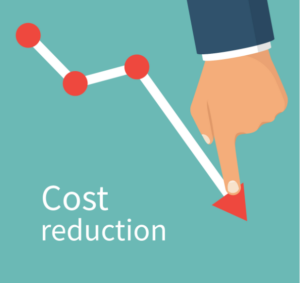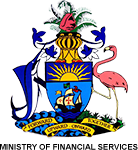 Cost of goods to be reduced by one-third
Cost of goods to be reduced by one-third
The government hopes to lower the cost of goods in the country by streamlining and diversifying imports through the already established National Trade Facilitation Committee (NTFC), Prime Minister and Minister of Finance Philip Davis said yesterday, as he opened the debate on the 2024/2025 budget.
Davis said this new committee and its work could eventually lower the cost of goods by one-third.
Davis explained in his contribution that even if transportation costs, import taxes and duties are removed from the cost of goods on shelves in The Bahamas, prices would still be “inexplicably high”.
“When compared to other countries with similar imports and taxation arrangements, especially those in the region, we still rank poorly,” said Davis.
He added: “By 2020, The Bahamas was listed as the sixth most expensive place in the world. We have all experienced for many years, the seemingly relentless rise in prices across the economy.
“The pandemic, the wars in Ukraine and the Middle East, along with other factors, have made inflation and high living costs global issues.
“But these do not explain the underlying high prices that we experience here.
“There is a widespread, mistaken assumption that high costs here are due to the fact that we have such high imports, and that customs duties and government taxes are the cause.”
Direct trade with producers will be fostered
Deputy Chairman of the Bahamas Trade Commission Barry Griffin told Guardian Business yesterday that the NTFC will ensure that Bahamians are able to make the most of the trade agreements the country is already signed on to, and that where there are opportunities to eliminate the middle men through direct trade with producers in countries, those relationships will be fostered.
“So, for example, most of the meat comes from Brazil, but we get it through American intermediaries, which makes the meat 20 percent more expensive,” said Griffin.
“And, so, what we want to do is cut out that middleman, trade directly with Brazil, and have our meat come directly from Brazil to The Bahamas.
“That would decrease the cost by about 20 percent. We’re going to replicate this with the European Union, with the United Kingdom, with other countries in Latin America, and with countries in Africa.”
He said the NTFC will also help the country to comply with international best practices for trade.
“It’s intended that these best practices will help us to streamline the trade process in terms of goods coming into The Bahamas, but also to streamline the process in The Bahamas of selling goods abroad,” said Griffin.
“And so the NTFC will have a very broad mandate to address things, for example, internal trade within the country.”
He also explained that the NTFC will also rework Potter’s Cay Dock to ensure the trade of goods between islands is more efficient and therefore goods will become more affordable.
“So, we are trying to decrease costs in a number of areas,” said Griffin.
He added: “We’re looking at how Potter’s Cay works, and how we can make it more efficient for people picking up packages, knowing when packages are going to come.”
Davis said the NTFC will upgrade the Potter’s Cay port, oversee the digitalization of the trade ecosystem, streamline and simplify processes, and increase competition across supply chains.
“The National Trade Facilitation Committee is not a talk shop,” he said. “It is an internationally recognized structure, one, in fact, which we ought to have set up previously under our existing international treaty obligations.
“Evidence from the World Bank shows that the establishment of an NTFC has a big impact on reducing costs for ordinary people. In fact, countries which have implemented trade facilitation reforms can reduce costs by up to one-third,” said Griffin.


